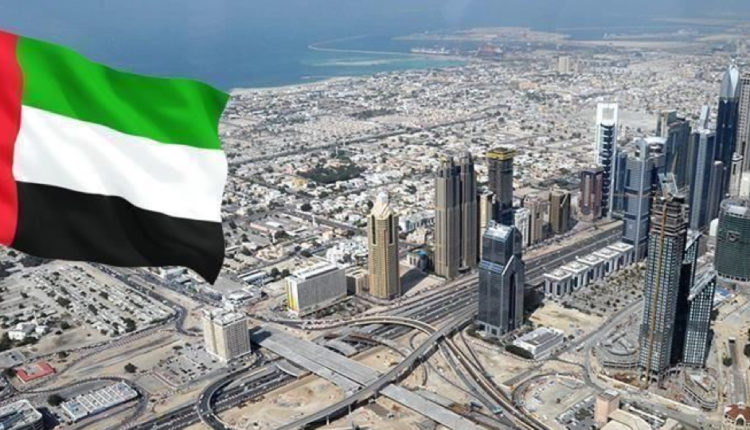ADHRB:The UAE must take urgent action to protect prisoners from COVID-19, grant adequate medical care and release prisoners of conscience
Americans for Democracy & Human Rights in Bahrain Inc (ADHRB), International Campaign for Freedom in the UAE (ICF UAE), and International Center for Justice and Human Rights (ICJHR) welcome this opportunity at the 46th session of the United Nations (UN) Human Rights Council (HRC) to draw attention to the situation of human rights in the United Arab Emirates.
We call on the authorities of the United Arab Emirates to take urgent measures to protect the mental and physical health of prisoners amid confirmed COVID-19 outbreaks in several prison facilities and to immediately and unconditionally release all prisoners of conscience.
We are deeply concerned that the coronavirus pandemic has spread in at least three Emirati detention facilities: al-Wathba prison in Abu Dhabi, al-Barsha and al-Awir prisons in Dubai. Authorities have not taken adequate measures to prevent the spread of the virus such as reducing prison populations or providing hand sanitisers, gloves and masks for inmates. The extremely overcrowded cells and unsanitary conditions make social distancing and maintaining hygiene practically impossible putting prisoners at grave risk of contracting the disease.
Prisoners who contract coronavirus, many of whom have underlying health conditions, are systematically denied access to the necessary medical care. Isolated in conditions that resemble solitary confinement, sick prisoners are left to fend for themselves, without access to doctors or even pain medicine. Meanwhile, other prisoners who were in contact with inmates who showed coronavirus symptoms are not tested or isolated but remain in their overcrowded cells where they have no masks, gloves or sanitisation to protect themselves.
We are also deeply alarmed by the prison administration’s refusal to disclose information about the conditions inside prisons, the true number of infected inmates and precautionary measures, demonstrating a complete lack of transparency in dealing with this pandemic. Several family members have reported that they had not been able to communicate with their imprisoned relatives for extended periods without due reason and were unable to obtain any news about their condition.
We further call on the UAE authorities to reduce prison populations in order to enable prisoners to engage in social distancing in accordance with the guidelines set for the general population. In late April, as part of the traditional amnesty for the month of Ramadan, authorities released over 4,000 detainees. However, the amnesty did not extend to those jailed unjustly based on their peaceful dissent, such as the prominent human rights defender Ahmed Mansoor in al-Sadr prison, and the human rights lawyer Mohammed al-Roken detained in al-Razeen prison, both of whom suffer deteriorating health conditions stemming from punitive detention conditions, mental and physical abuse and denial of medical care.
In light of the above, we urge the Emirati government to:
- Provide appropriate medical care to sick detainees and transfer them to medical facilities;
- Take all necessary measures to prevent COVID-19 from spreading, including through the provision of masks as well as hygiene and cleaning products;
- Allow safely conducted family visits as well as remote communication via phone or internet, and grant access to legal counsel;
- Grant access to COVID-19 testing and treatment on an equal standard;
- Reduce the prison population by releasing prisoners who are jailed for exercising their fundamental rights and freedoms, including human rights defenders and prisoners of conscience, those who remain imprisoned beyond their sentence, and all those whose detention has been declared “arbitrary” by the Working Group on Arbitrary Detention (WGAD).




